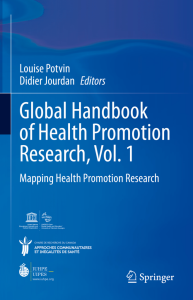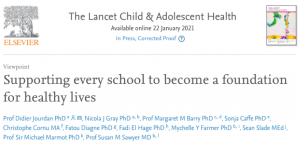On 3 December 2020, 8.30-10.00 CET, 11.00-12.30 Iran, 12.00-13.30 AFT, 12.30-14.00 TJT the webinar “Health, literacy and education in Persian speaking countries: achievements, challenges and the link” will take place. It is the first webinar in Persian in the Global Health & Education webinar series.
Do we really acknowledge the health-education co-evolution in health promotion research, policy and practice?
Speakers from Iran, Afghanistan and Tajikistan will present a brief explanation of the importance of knowledge exchange and production within networks of different languages for the UNESCO Chair Global Health & Education. As well as the value of exchange of knowledge and experience among neighbouring countries. Furthermore, the speakers will share with the audience the current state of health and education in the 3 Persian speaking countries, the challenges and achievements and their perspectives about the way forward to achieve the joint goals of “health for all” and “education for all” through the “education for health and health for education” strategy.
The webinar will opened by:
- Alireza Zali, Vice-chancellor of Shahid Beheshti University of Medical Sciences, Iran
- Mojtaba Zeinivand, Deputy Minister of Education, Iran
- Didier Jourdan, UNESCO Chair Global Health & Education, France
Speakers are:
- Nastaran Keshavarz Mohammadi, School of Public Health, Shahid Beheshti University of Medical Sciences, Iran, Co-chair of the Scientific and Ethical committee, UNESCO Chair Global Health & Education
- Abdul Jalal, M.A International Public Policy, M.A International Relations, External-Policy and Partnership Consultant, Aga Khan Cultural Services-Afghanistan
- Nazira Sodatsayrova, Secondary School Teacher Educator, Tajikistan
They will address the following questions:
- What is the current status of health and education in the 3 countries?
- What is the local evidence for the link between health and education?
- What are the challenges in acknowledging the health-education co-evolution in health promotion research, policy and practice?
To participate: Zoom link
This webinar will also be broadcasted live on our YouTube channel
More information: bit.ly/webinar3DEC
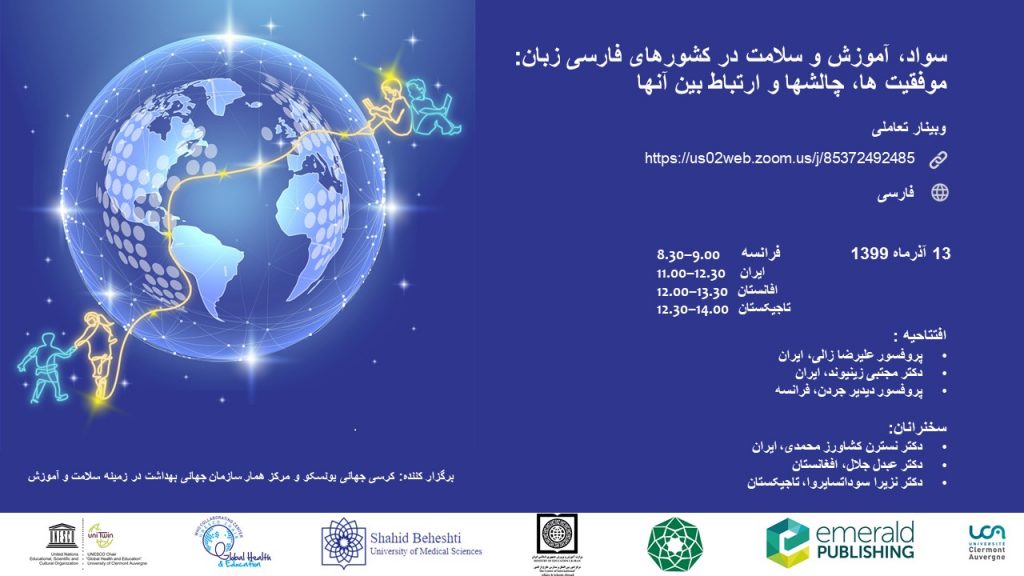

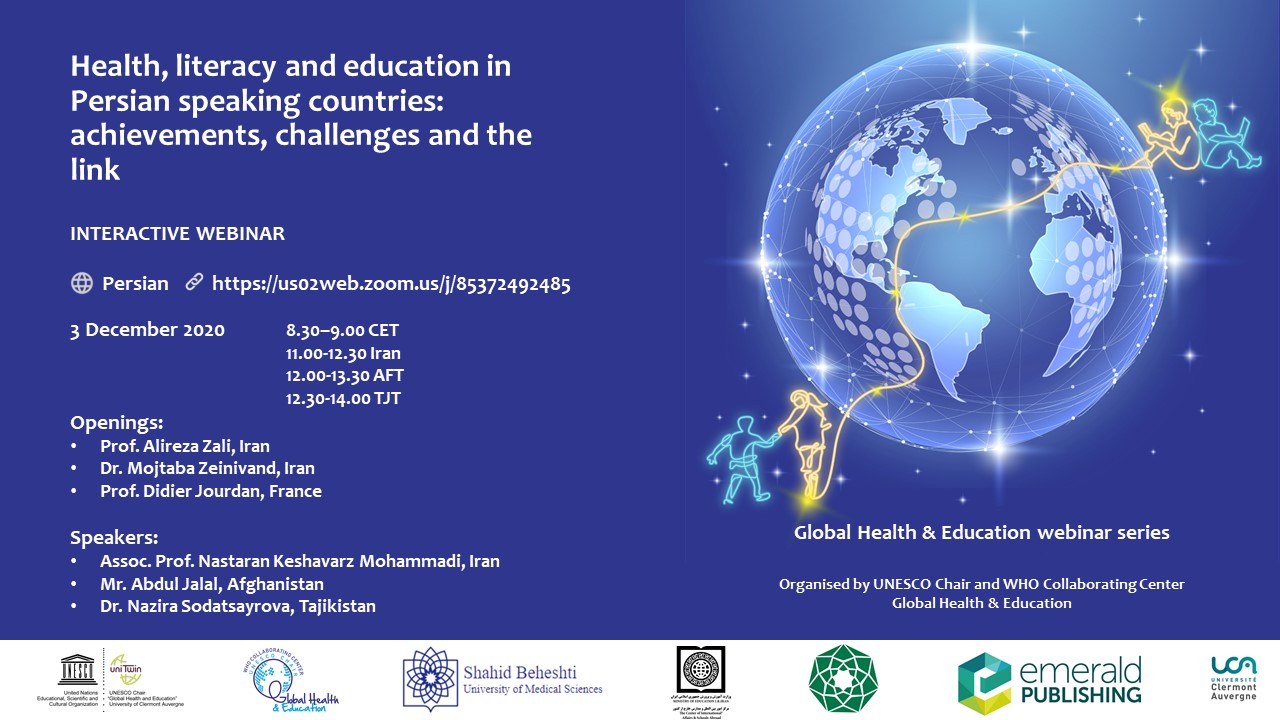





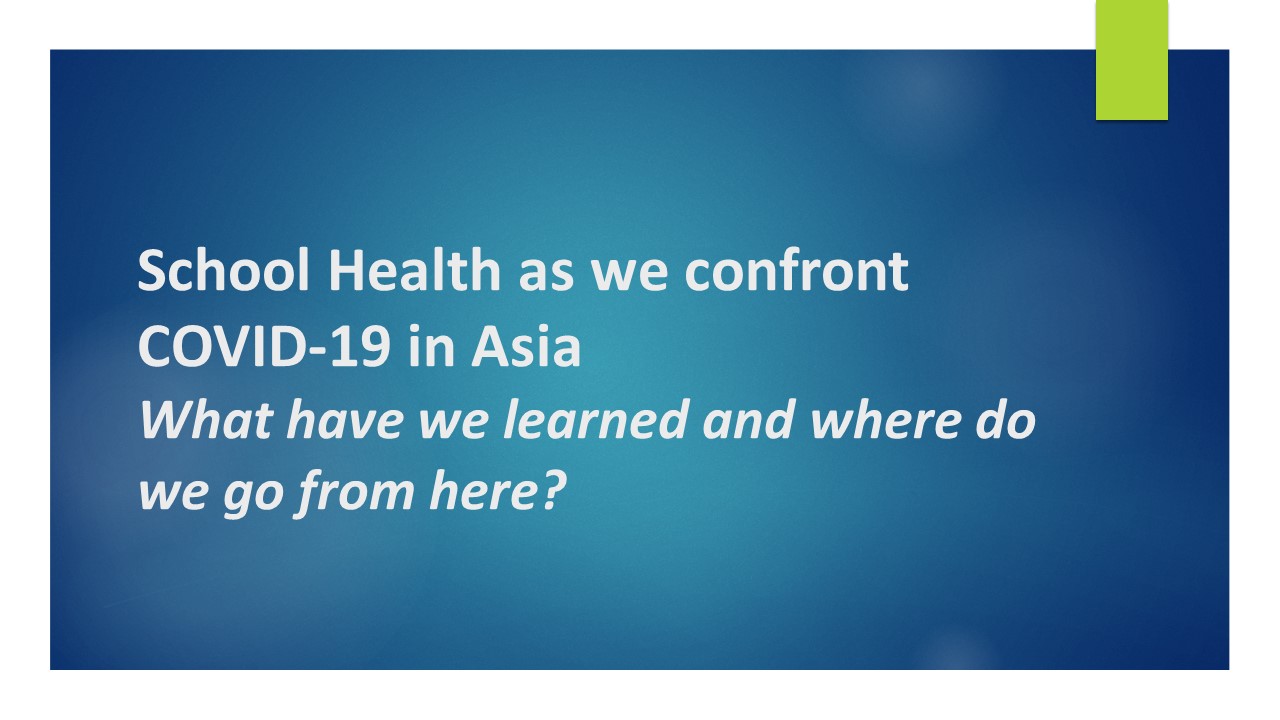
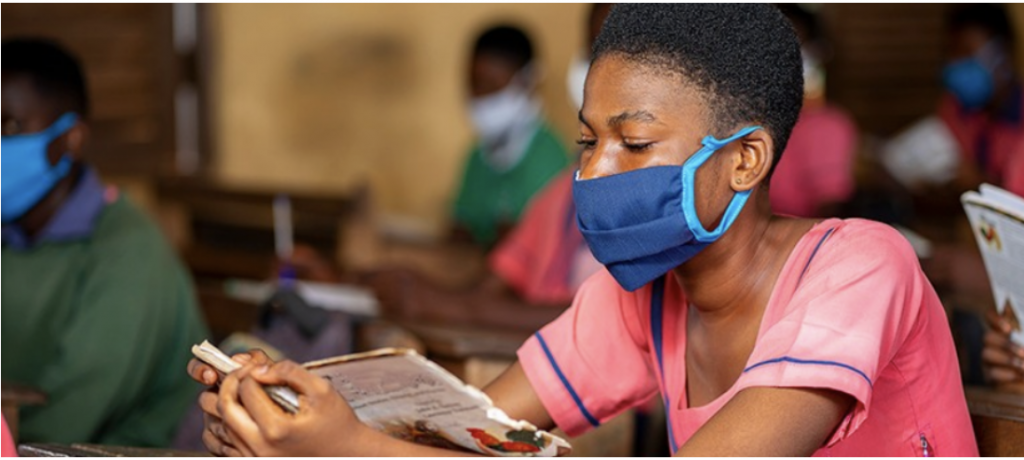
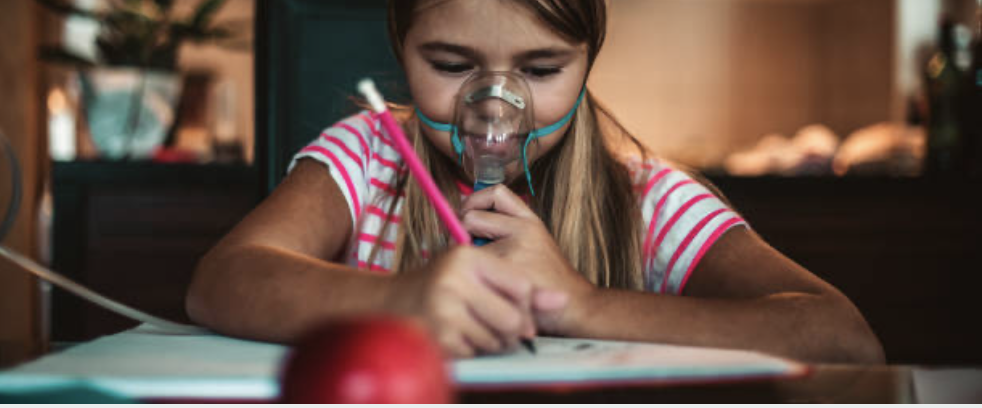

 Join the online pre-conference “Helping people to help themselves to better health – From theory to practice” on Monday 12 October 2020, 14.00 – 16.00 CET. This pre-conference is part of the virtual 16th World Congress on Public Health.
Join the online pre-conference “Helping people to help themselves to better health – From theory to practice” on Monday 12 October 2020, 14.00 – 16.00 CET. This pre-conference is part of the virtual 16th World Congress on Public Health.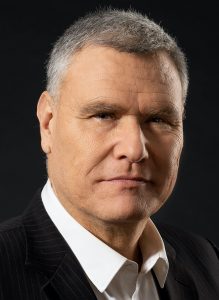 About Didier Jourdan
About Didier Jourdan